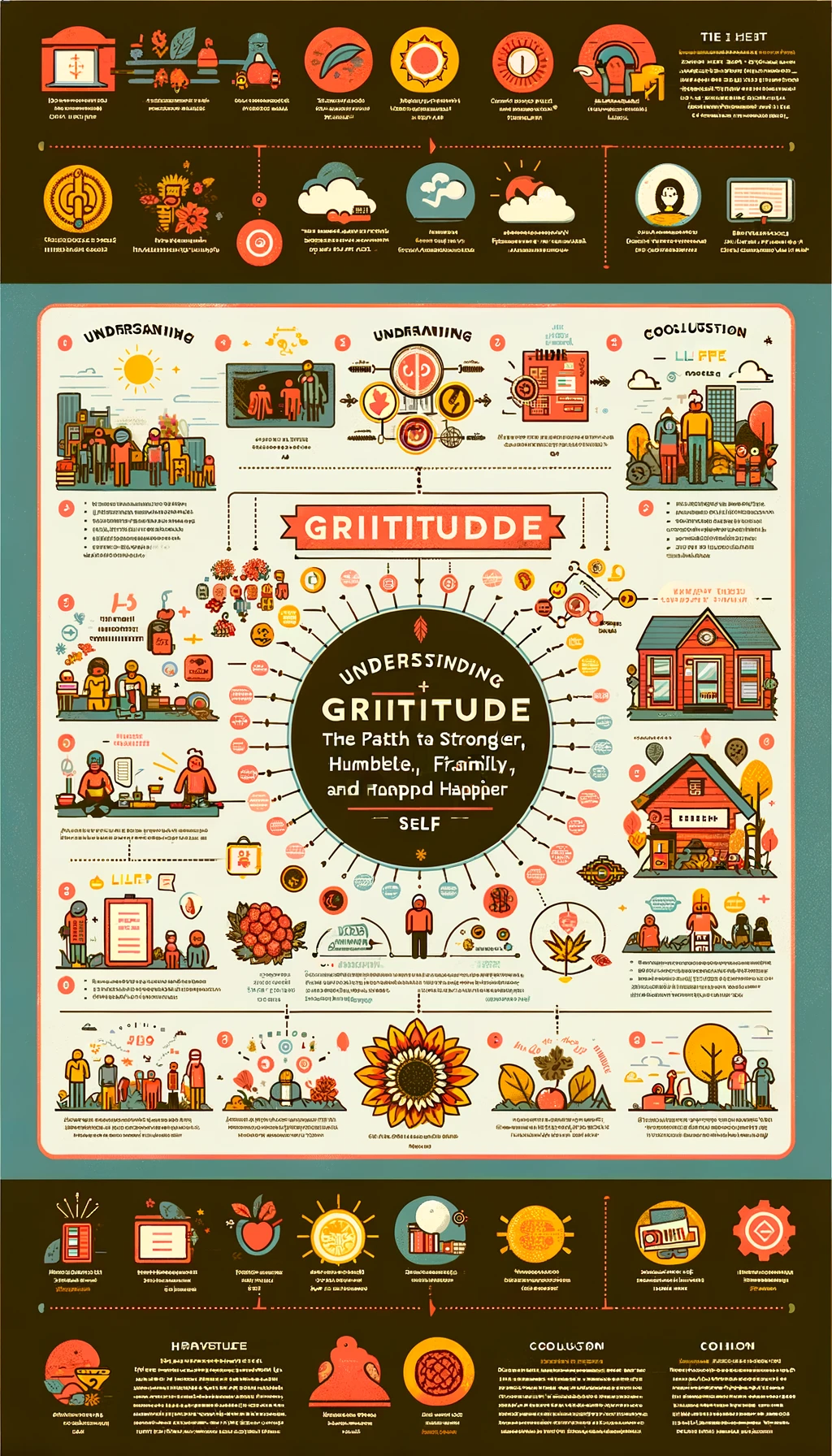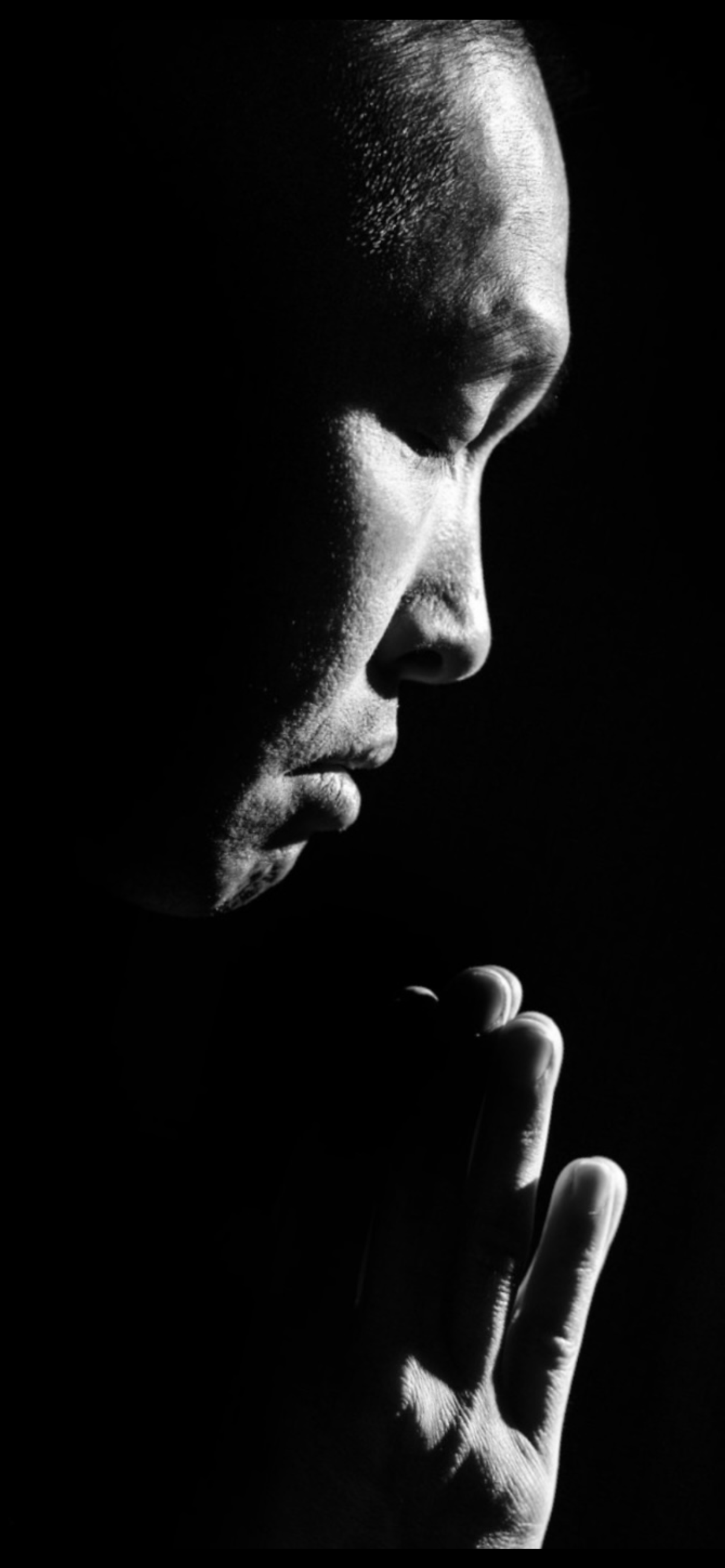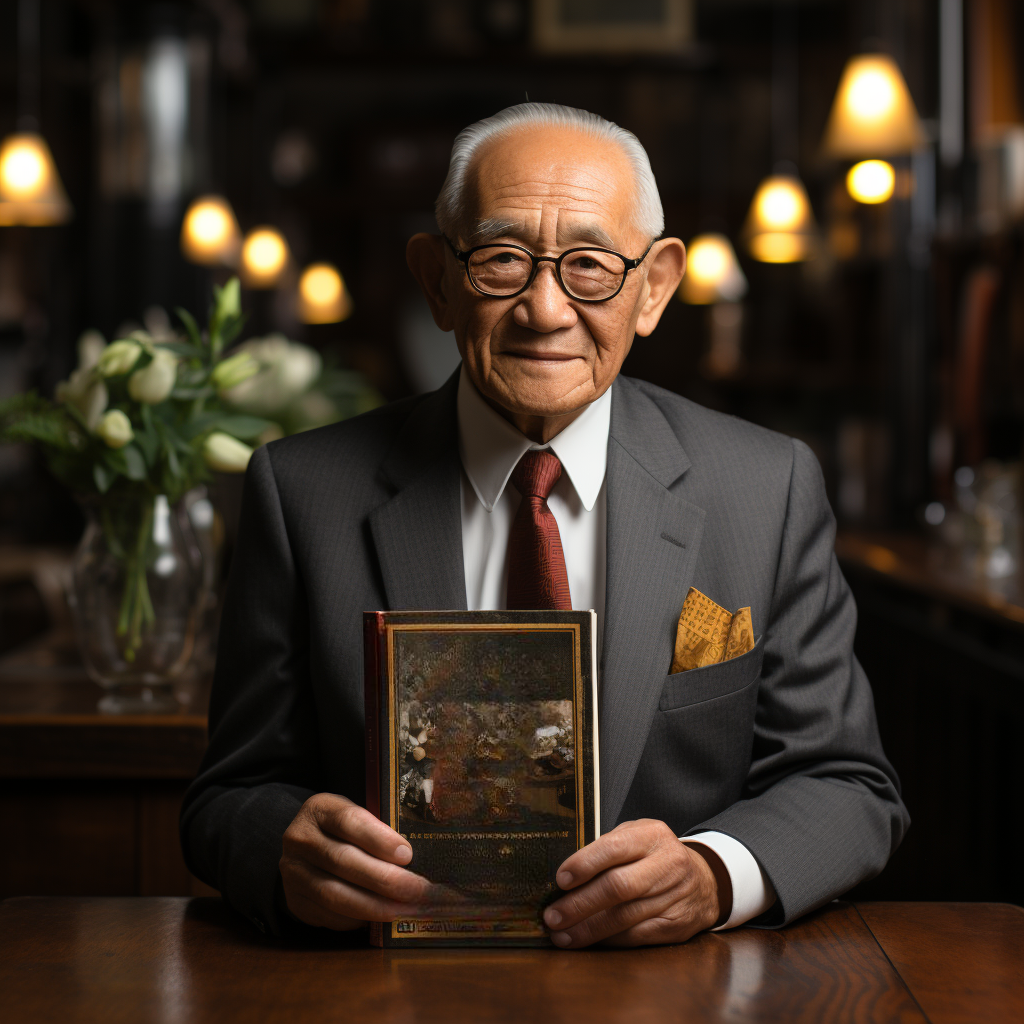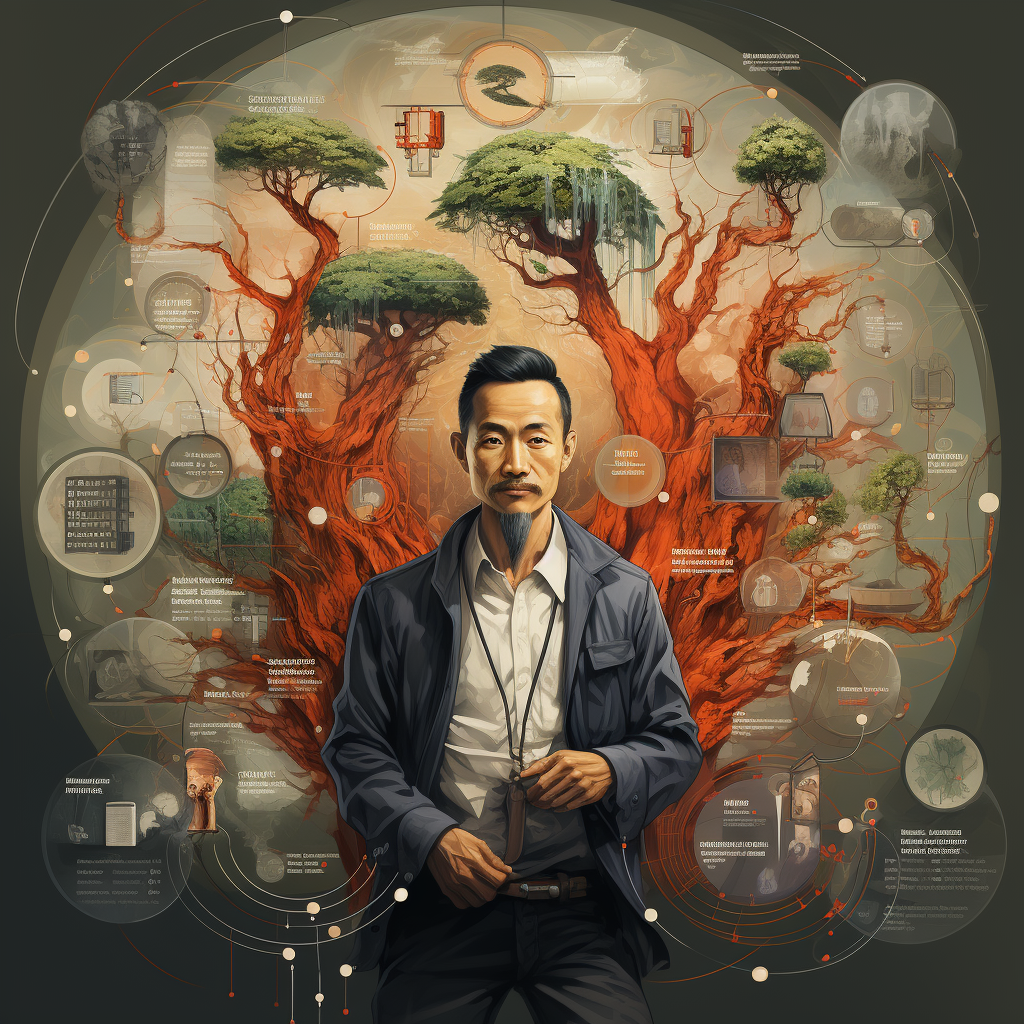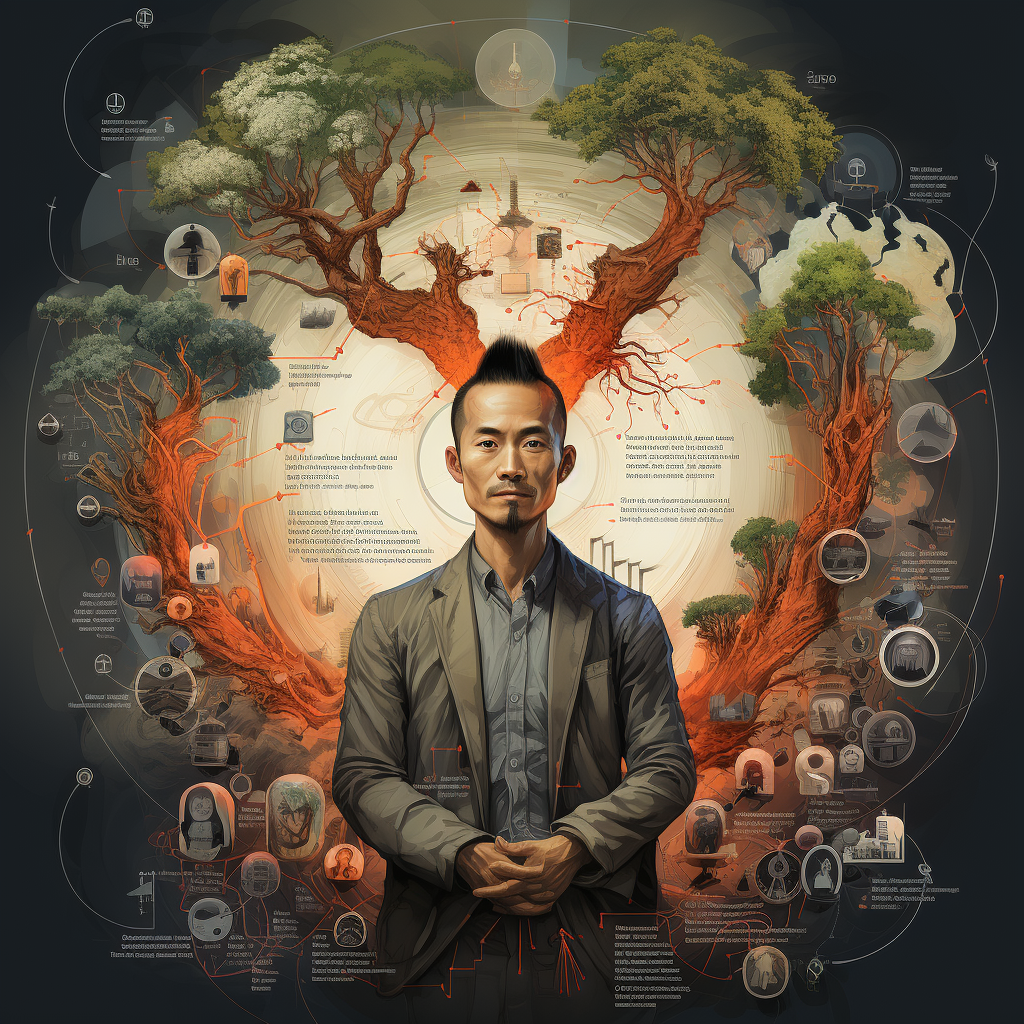In a world increasingly driven by individual success and material gain, the concept of ‘grititude’ emerges as a refreshing perspective on life. Coined by Di Tran, author of insightful books like “Drop the ME and Focus on the OTHERS” and “Drop the FEAR and Focus on the FAITH,” grititude is a blend of gratitude and grit, encouraging individuals to embrace thankfulness in all aspects of life, fostering strength, humility, and happiness.
Grititude” is a conceptual blend of ‘grit’ and ‘gratitude’. It emphasizes the importance of having perseverance and passion for long-term goals (grit), while simultaneously recognizing and appreciating the positive aspects of life (gratitude). This approach suggests a balance between resilience in facing challenges and mindfulness of life’s blessings, leading to a more fulfilling and grounded existence.
Understanding Grititude
At its core, grititude is about seeing the world as interconnected and dependent, recognizing our roles in a larger tapestry of life. This worldview cultivates a sense of humility and a deeper connection with others, fostering a more rounded and wholesome perspective.
The Power of Thankfulness
Tran advocates starting with a simple yet powerful habit: giving thanks for everything. This could be as fundamental as being thankful for life, strength, basic necessities like shoes and a warm bed, or more complex aspects like having a job or family. This practice of gratitude roots us in the present and highlights the abundance in our lives, overshadowing fears and uncertainties.
Top 20 Things to be Thankful For
- Life: Celebrate the mere fact of being alive.
- Health: Appreciate your physical and mental well-being.
- Family: Cherish the support and love of family members.
- Friends: Value the companionship and support of friends.
- Work: Be grateful for the opportunity to contribute and grow.
- Education: Acknowledge the power of learning and knowledge.
- Nature: Revel in the beauty and serenity of the natural world.
- Challenges: View obstacles as opportunities for growth.
- Failures: Appreciate failures as lessons for improvement.
- Successes: Celebrate your achievements, big or small.
- Home: Be thankful for a place of safety and comfort.
- Community: Recognize the support and connection within your community.
- Freedom: Value your autonomy and freedom of choice.
- Creativity: Celebrate your ability to create and innovate.
- Empathy: Appreciate the ability to understand and share the feelings of others.
- Love: Cherish the love you give and receive.
- Laughter: Be grateful for moments of joy and humor.
- Memories: Treasure the memories that shape your story.
- Dreams: Value the power of aspirations and hopes.
- Today: Be thankful for the present moment, a gift in itself.
The Impact of Grititude
Practicing grititude fundamentally changes how we interact with the world. It transforms challenges into lessons, fosters resilience, and promotes a deeper understanding of life’s interconnectedness. This shift in perspective not only makes us stronger and more resilient but also deepens our happiness and satisfaction with life.
Conclusion
Grititude is more than just a practice; it’s a way of life. By focusing on thankfulness and embracing the interconnectedness of our world, we open ourselves to a richer, more fulfilling experience. As Di Tran beautifully encapsulates, it’s about dropping the ego and fears to focus on others and faith, leading to a more grounded, strong, humble, and happy existence.

